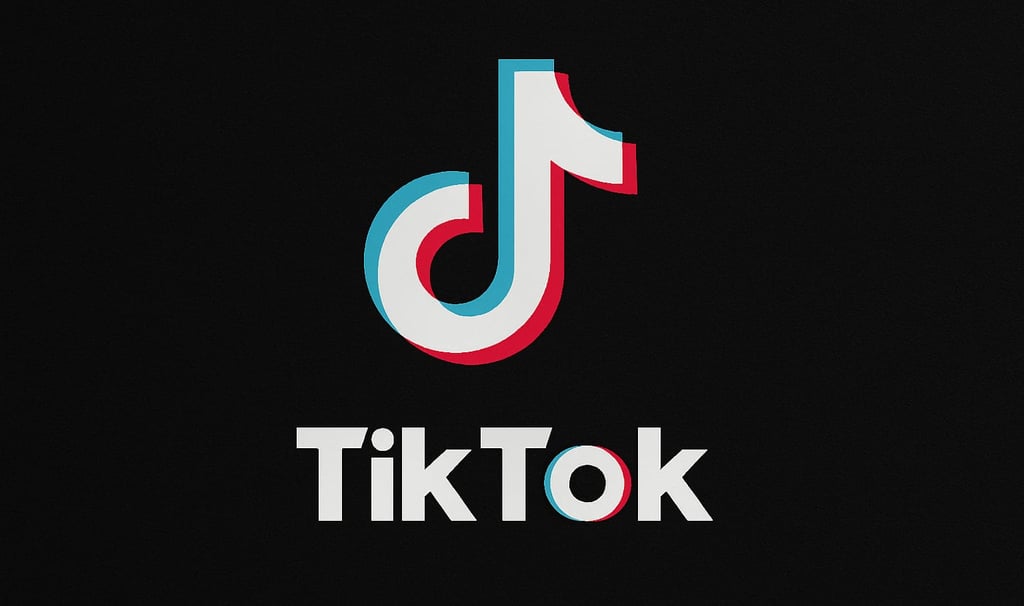U.S. Lawmaker Warns TikTok Algorithm Deal Could Threaten National Security – Latest 16 Oct 2025 Update
A U.S. lawmaker warns TikTok’s algorithm licensing deal with China could endanger U.S. national security. Full details in the 16 Oct 2025 update.
Raja Awais Ali
10/16/20252 min read


U.S. Lawmaker Raises Concerns Over TikTok Algorithm Licensing Deal
A U.S. lawmaker has voiced concern over a potential licensing deal involving TikTok’s algorithm, warning that it could raise national security risks if China retains any degree of control over the technology.
Representative John Moolenaar, chairman of the House Select Committee on the Chinese Communist Party, said he is awaiting a full briefing from the White House on the details of the proposed deal and its security implications. He emphasized that the U.S. must ensure China has no access to TikTok’s algorithm or user data under any circumstance.
These remarks come after President Donald Trump’s executive order, signed on September 25, 2025, which approved the sale of TikTok’s U.S. operations to an American-owned entity. The deal, according to early reports, may allow the new U.S. ownership to license TikTok’s algorithm from China if it complies with all national security and data protection requirements.
However, Beijing has designated TikTok’s algorithm as sensitive proprietary technology, indicating it would not surrender full control. Draft proposals suggest that while the algorithm could remain under Chinese ownership, it might still be trained on American user data to perform effectively in the U.S. market.
The algorithm—TikTok’s core engine for video recommendations—has been central to the platform’s global success. Security analysts warn that if any Chinese influence remains, it could open the door to propaganda, data manipulation, or influence operations targeting American audiences.
Experts caution that allowing China to retain even limited rights could undermine U.S. digital sovereignty. Some analysts view this as a strategic move by Beijing to maintain influence over global social media ecosystems.
The White House and Congress are now expected to review the proposal closely, focusing on maintaining transparency and safeguarding U.S. data security. Lawmakers have reiterated that full control and training of the algorithm must remain in American hands.
The controversy underscores the growing connection between technology, national security, and geopolitical power. TikTok’s future now represents more than a social media debate — it reflects the global struggle over digital independence and political influence.
Stay informed with the latest national and international news.
© 2025. All rights reserved.